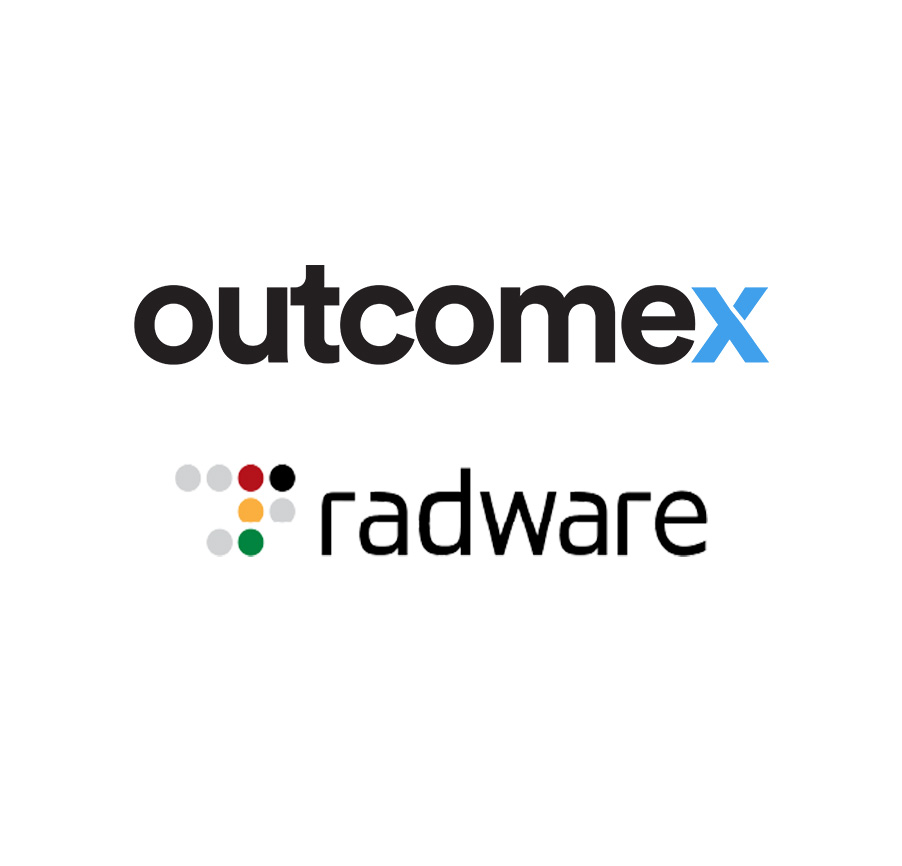The rise of cloud computing has allowed companies to take advantage of increased agility and flexibility. However, this often comes at a security cost that puts customers and data at risk.
With multi-cloud strategies on the rise, these potential threats only become more intricate and complex, and with so many solutions available to specifically protect organisations from cyber-security threats, it can be confusing as to which is best suited for your specific business.
To ensure your organisation is properly protected against common attack vectors in public clouds, there are crucial vulnerabilities that are currently challenging security professionals that organisation’s need to be aware of to be able to effectively reduce their security risk vulnerability.
Public exposure
With more resources spinning up in the cloud, organisations are increasingly at risk of leaving assets publicly exposed and unsecured. Unfortunately, automated tools make it easy for hackers to find these open vulnerabilities. Gartner estimates that over half of enterprises now have some Infrastructure as a Service (IaaS), networks and applications in the public cloud without adequate protection – a 25% increase since 2018.

Cloud security misconfigurations
Despite the move to cloud-based infrastructure, the complex requirements of configuring and securing applications leave many security practitioners without adequate tools and knowledge to do this effectively. Cloud misconfigurations can take on various forms and have become increasingly prevalent. Gartner estimates that by 2025, nearly all breaches will be due to human error or misconfigured settings.
Excessive Permissions
With the potential for faster business operations, migrating to the cloud may seem advantageous, however, care must be taken in verifying user access credentials. If left unchecked, excessive permissions can become a gateway for attackers to gain widespread access and breach sensitive data. Gartner’s research predicts that mismanaged login credentials will fuel 75% of security failures by 2023 – up from 50% from the prior year – indicating an urgent need to better manage identity privileges when using cloud services.

Too many alerts
Security teams are in a constant battle to identify malicious activity – an overwhelming task considering the daily influx of tens of thousands of alerts. Analysing false positives can make it even harder for these professionals to detect true threats, leaving them adrift among waves of noise and chaos.
Insufficient context
Cloud security is a complex process, requiring the ability to draw connections between seemingly disparate activities and incidents. At times, it is difficult to differentiate internal users from hackers.
Without this rigour in assessing threats across multiple systems over time, it can be difficult to accurately determine when an attack may be occurring, let alone stop it.
Only by considering all elements of suspicious behaviour can organisations ensure they are protecting their network against potential breaches.

Malicious access
Data breaches due to stolen credentials are a growing problem, with malicious attackers exploiting networks and searching for sensitive data to exfiltrate and sell on the dark web. Cloud environments make it worse as security managers lack visibility into user activity. It’s time businesses take proactive steps towards preventing these hacks before they happen.

Tailored protection
For cloud security, it’s essential to think differently. Tailor protection that fits the unique threats of the digital realm and use automated defence mechanisms for maximum preventative power against vulnerabilities – only then can you truly secure your system from attack.
Outcomex’s team of security experts can help you stay secure – by crafting innovative solutions and continuously monitoring networks to detect such breaches reducing the risk of a cyber breach.
Enhance your cyber security with the help of Outcomex and Radware. Protect and heighten the security of your digital assets. Get in touch today to unlock tomorrow’s safety.




